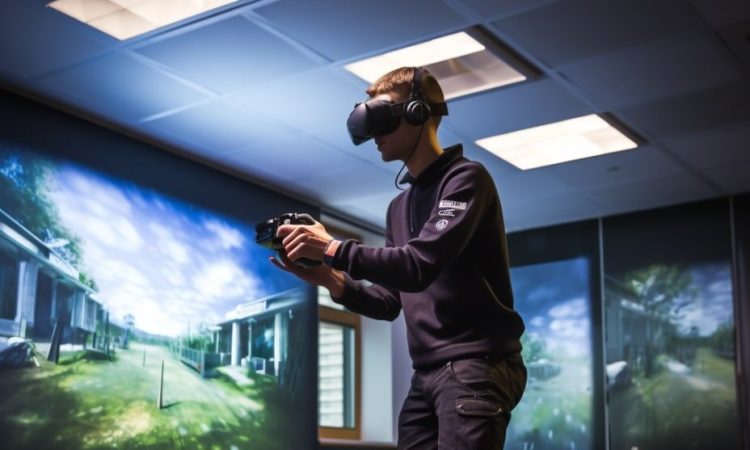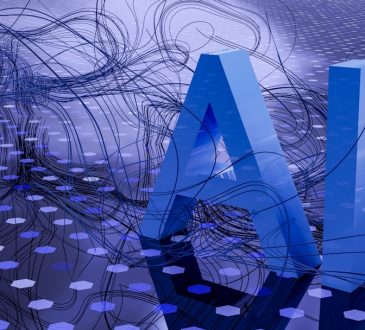
How individuals relate, communicate, and lead, is determined by an interaction between the factors called soft skills. However, these are also the hardest skills to impart via traditional means. This is why virtual reality training for soft skills is on the rise. It immerses learners in real-world scenarios where they can practice, fail, and get better with no repercussions.
An Alternative Way to Interact with Humans
Soft skill is not memorial it is of behavior. Developing these abilities requires actual feedback, actual pressure, and actual practice from learners. It entails immersing the individual in a scenario making it feel absolutely real as part of the soft skills VR training. Learners don’ just hear what to do, but do it.
This is the philosophy of lessons people consume. Their learning takes place in real time, by reacting to and actively solving problems.
Making Training More Engaging
Engagement is everything. When people feel disconnected from one another, training falls flat. The solution: VR − where learners are stepping into a world of interaction. They have to act out against virtual characters, responding to jump situations, and dynamic conversations.
Participants engage in the training from beginning to end with VR training for soft skills. No sitting back and passively listening − only getting and doing the work.
Realistic Scenarios for Better Outcomes
Realism is what VR does best, by far. Businesses are able to set up scenarios based on real life challenges. Learners may get a chance to practice how to calm an angry customer, break news or moderate a team discussion.
These simulations help build confidence. With hands-on experience of utilizing VR training for soft skills, employees are able to practice in a safe environment without breaking relationships or incurring expensive errors.
Reducing Anxiety and Building Confidence
Training in soft skills may be a little uncomfortable. Some people, that fear judgement or saying something wrong. VR removes that pressure. The environment is secure, private, and regulated. This is one scenario that learners can execute over & over until they feel relaxed.
Particularly for those who have issues with public speaking, conflict, or management positions, this means that VR training for soft skills is perfect. That confidence comes from the practice, not from the theory.
Consistent Training for Large Teams
Training large groups is tough. Instructors vary in style. Sessions vary with time and resources VR solves this problem. It gives the same lesson over and over again, with a uniform qualitative reach.
Businesses employing for VR training for soft skills can benefit from smoother onboarding and improved team cohesion. The same content is transmitted the same way to everyone
Data That Improves Performance
Soft skills are always a tough thing to track. But VR makes it easier. It’s gauged response, speed, and decisions. Its dataset is still relevant data which allows trainers to know what someone is good at and what needs improvement.
Armed with these insights, the kind of VR training that is ideal for improving soft skills becomes highly customized.
Preparing Teams for Real-World Challenges
Soft skills shape workplace culture. They shape teamwork, leadership, and dealings with customers. VR trains employees on using these skills with real practice (not guesswork).
Final Thoughts
Training is changing just as the workplace is about to change. With VR training for soft skills, you can give people a new and impactful approach to practicing better communication, confident leadership, and ease under pressure. With this being implemented more frequently, it is clear that immersive learning is no passing trend, but the future of professional development.




